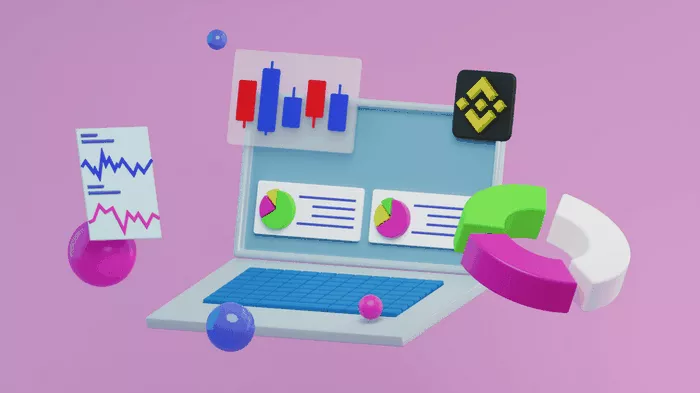Futures trading, a cornerstone of global financial markets, operates within a structured timeframe dictated by the exchanges and regulatory bodies overseeing these transactions. Traders and investors engaged in futures markets must be well-acquainted with the specific hours during which trading occurs.
Global Nature of Futures Trading
Futures markets, by their very nature, transcend geographical boundaries, allowing participants from around the world to engage in a wide array of financial instruments, from commodities to financial derivatives. The global nature of futures trading introduces the concept of trading sessions, each corresponding to specific regions and time zones. As the sun traverses the globe, different futures exchanges come online and, subsequently, close, creating a continuous cycle of trading activities that follow the rhythm of the global financial community.
U.S. Futures Trading Hours
In the United States, where major futures exchanges are located, trading hours are structured to accommodate both domestic and international participants. The primary futures exchanges in the U.S., such as the Chicago Mercantile Exchange (CME) and the Intercontinental Exchange (ICE), have designated trading hours that typically span the normal business day. U.S. futures markets commonly open between 8:00 a.m. and 9:00 a.m. Eastern Time (ET) and close between 4:00 p.m. and 5:00 p.m. ET. However, there are exceptions, and some futures contracts may have extended or modified trading hours.
After-Hours Futures Trading
While the traditional trading hours provide the bulk of futures market activity, the advent of electronic trading has introduced after-hours or extended trading sessions. After the official closing bell, certain futures contracts may continue to trade on electronic platforms, allowing participants to react to news or events that occur outside regular market hours. These after-hours trading sessions often have lower liquidity and can be more volatile, requiring traders to exercise caution and adjust their strategies accordingly.
Overlapping Sessions and Global Continuity
One of the distinctive features of futures trading is the seamless transition between different global trading sessions. As one market closes, another opens, creating overlapping sessions that facilitate continuous price discovery and liquidity. For example, as the U.S. futures markets wind down for the day, the focus shifts to Asian markets, followed by European markets, ensuring a continuous flow of trading activities around the clock. Traders with a global perspective can take advantage of these overlaps to react to developments in different regions and adjust their positions accordingly.
Market-Specific Trading Hours
It’s important to note that different futures contracts may have specific trading hours based on their underlying assets or commodities. For instance, futures contracts tied to agricultural commodities may adhere to different trading hours than those linked to equity indices or interest rates. Traders must familiarize themselves with the specific trading hours of the contracts they are interested in to avoid surprises and ensure timely execution of trades.
Weekly and Holiday Considerations
Futures markets operate on a weekly cycle, opening for trading on Sunday evening and closing on Friday afternoon. The continuous trading week is punctuated by daily breaks, and traders should be aware of these intervals. Additionally, futures markets observe holidays, which can impact trading hours. It’s essential for traders to stay informed about holiday schedules and any adjustments made to regular trading hours during these periods. Major holidays, both in the U.S. and internationally, can influence market sentiment and trading volumes.
The Concept of Settlement
In the context of futures trading, the term “settlement” refers to the process of finalizing transactions and determining the financial obligations of traders. Settlement typically occurs at the end of each trading day, with the final settlement price being established based on the day’s trading activity. The specific time at which settlement occurs may vary depending on the exchange and the type of futures contract. Traders should be aware of settlement times, as they represent a crucial juncture in the futures trading cycle.
Managing Positions Before Close
Given the time-sensitive nature of futures markets, effective position management is a key aspect of successful trading. Traders must be proactive in assessing their positions, evaluating market conditions, and making necessary adjustments before the close of trading for the day. This includes setting stop-loss orders, taking profits, or entering new trades based on evolving market dynamics. The ability to manage positions effectively before the close is instrumental in navigating the volatility and uncertainties inherent in futures markets.
Real-Time Monitoring Tools
In the age of technology, traders have access to a plethora of real-time monitoring tools that provide up-to-the-minute information on market conditions. These tools include advanced charting platforms, news feeds, and market analysis software. Leveraging these tools allows traders to stay informed about price movements, news developments, and overall market sentiment, enabling them to make timely decisions even as the clock ticks towards the close of trading.
Conclusion
Understanding when futures trading stops is a fundamental aspect of navigating the complex and dynamic world of financial markets. Traders and investors must be attuned to the specific trading hours of the contracts they are involved in, considering global time zones, after-hours sessions, and market-specific nuances. The ability to manage positions effectively, stay informed about settlement times, and utilize real-time monitoring tools empowers traders to make informed decisions and seize opportunities in the ever-evolving landscape of futures trading. By mastering the clockwork of futures markets, participants can enhance their trading strategies, manage risk, and participate in the continuous cycle of global financial activities with confidence.


